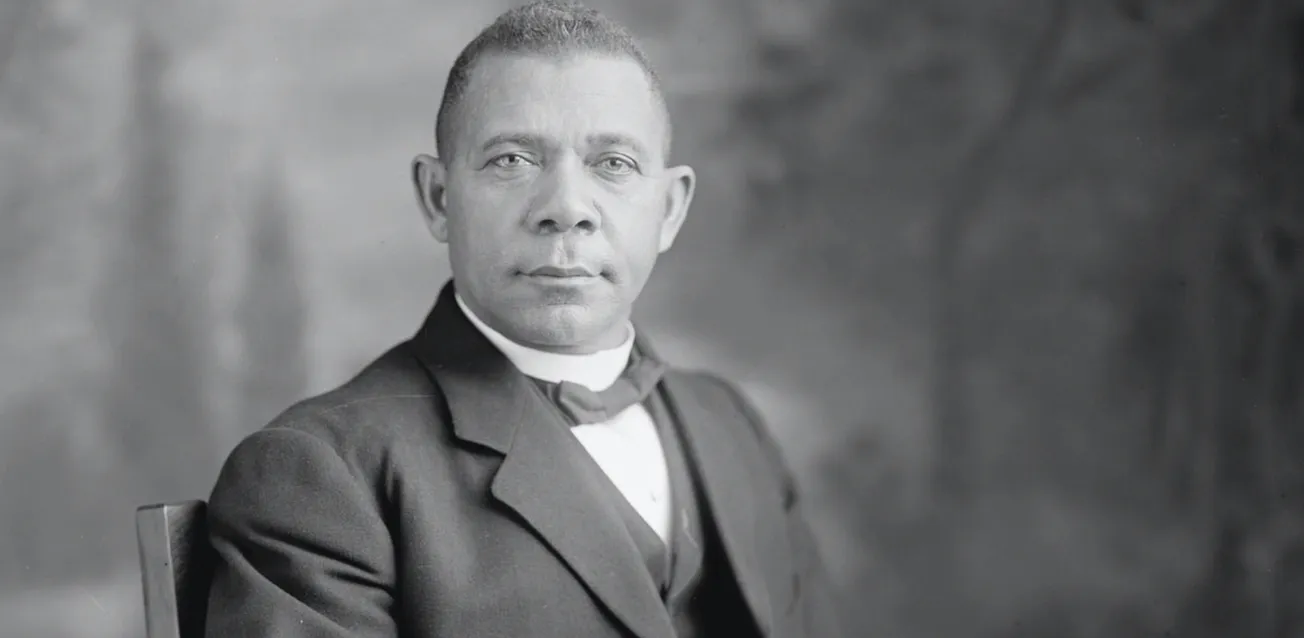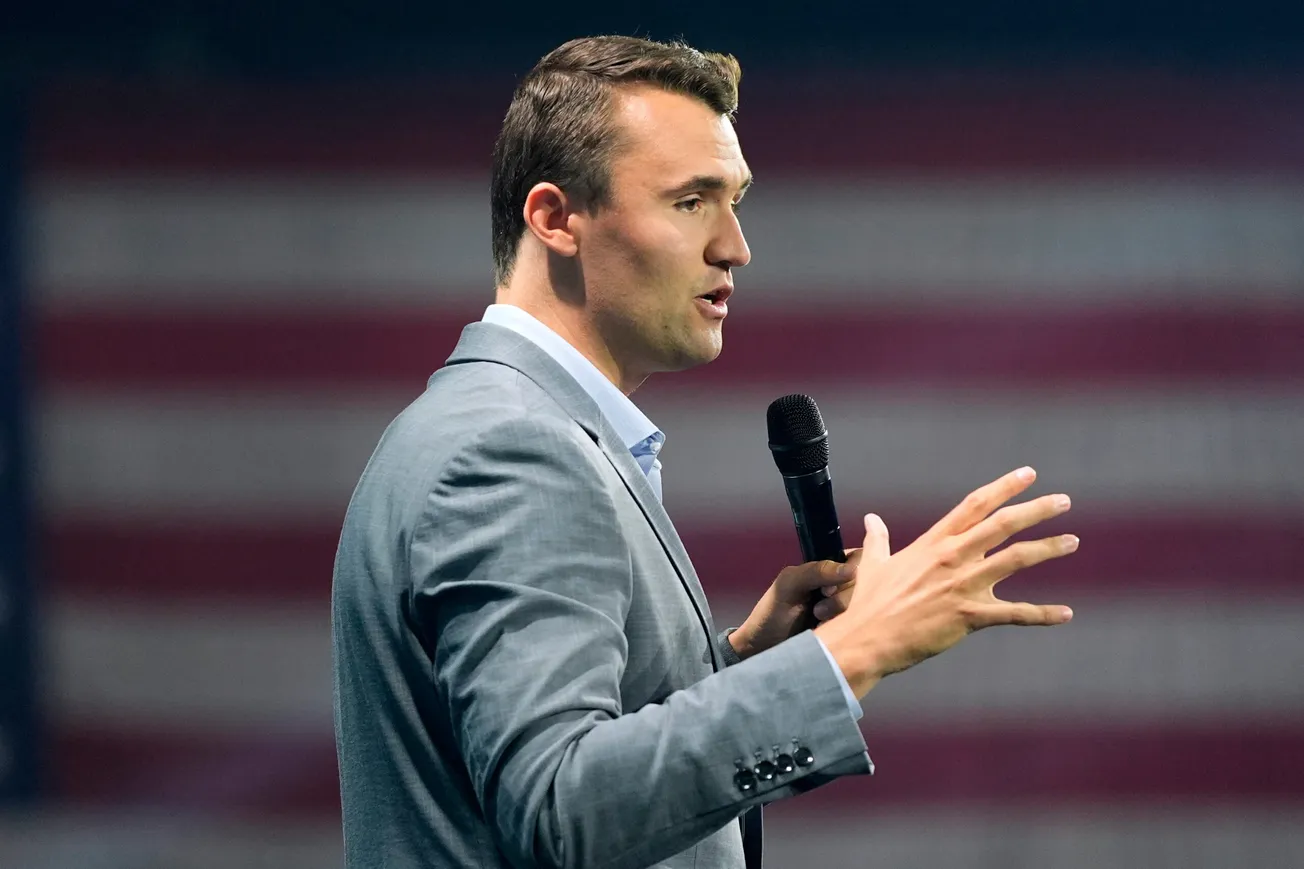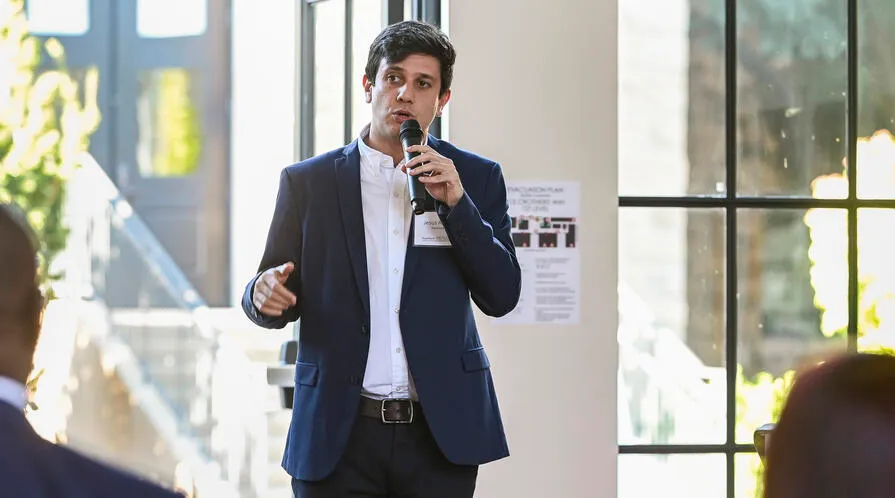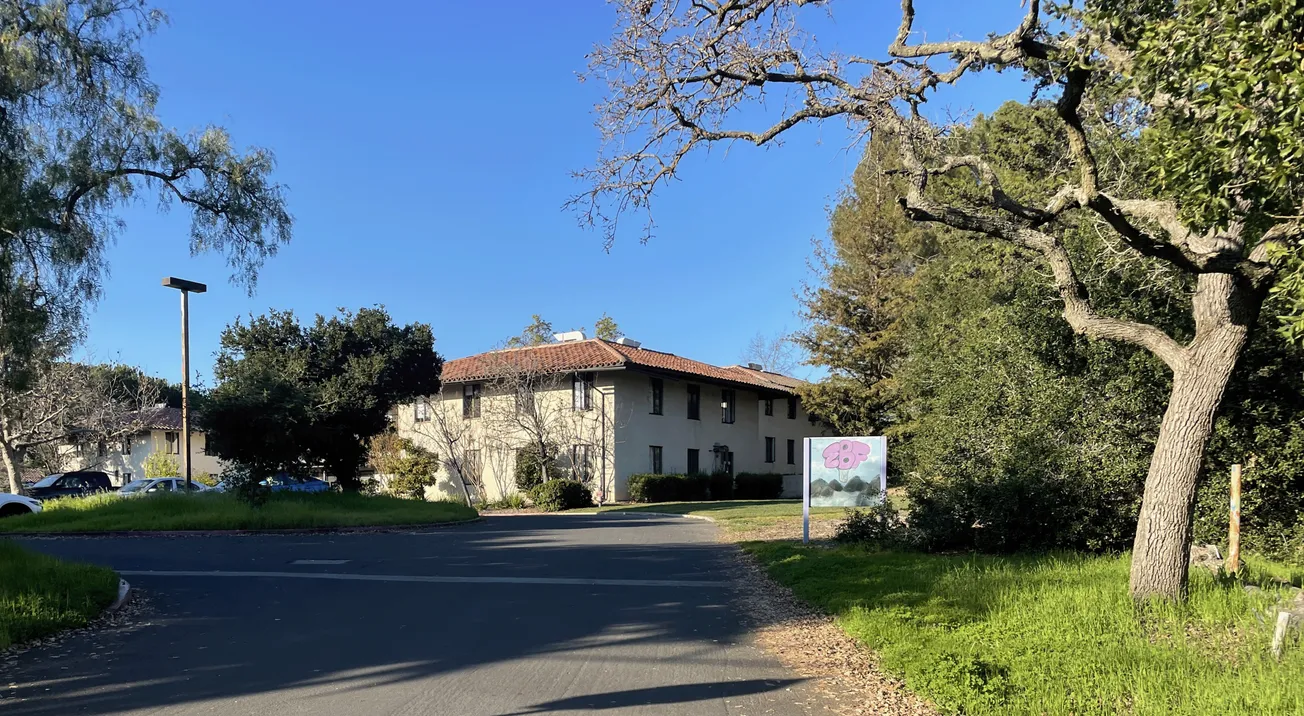Table of Contents
I am black and gay. I am also a conservative-libertarian.
Stanford welcomes all different races and sexual identities with openness and acceptance. The same cannot be said for all political affiliations. Like the rest of campus, the black community is primarily liberal. But there more than anywhere else on campus, alternate viewpoints are met with severe backlash or outright dismissal.
Too often, black students are berated for expressing a different political view or even mentioning the name of someone who has been “canceled.” My conservative views are dismissed as ignorance or indoctrination, rather than the result of my own judgment and experience. For example, this past fall when discussing welfare and economics, two black students accused me of being “brainwashed” by conservative ideals. One of the greatest things our ancestors fought for was the right to be treated as individuals, so why must we all have the same views?
It can feel incredibly isolating when politics and race are so interwoven at Stanford, specifically when I visit places like Ujamaa. There, tolerance for any kind of deviation from the political norm is low. Far-left opinions are celebrated and dissenting can cause exclusion. We should be building each other up rather than tearing one another down with political partisanship.
Stanford’s culture is only a small part of a nationwide issue. Even many prominent black conservatives receive backlash from the black community.
When asked about pushback against black conservatism, Stanford’s own Condoleeza Rice said, “Not all of us have to think politically the same way. I’ve said to people sometimes, ‘You know, I’ve been black all my life. You don’t have to tell me how to be black.’” Justice Clarence Thomas spoke of how our individual characteristics were being overwritten and said, “Somehow we have come to exalt the new black stereotype above all and demand conformity to that norm. I assert my right to think for myself, to refuse to have my ideas assigned to me as though I was an intellectual slave because I’m black.”
Black conservatives are still black and want the best for their community. There was a time when I thought left-wing policies were the answer. However, I now recognize how little the Democratic Party has actually done for black Americans in recent years.
Not only do Democrats frequently take black voters for granted, but many Democratic policies harm black people. The Democratic campaign against school choice has kept millions of black and brown children in failing school districts. Because of Democratic opposition to charter schools, many black parents have no choice but to keep their children in poorly performing public schools. Laws against selling loose cigarettes, which exist in few places other than New York City, were the reason that Eric Garner was stopped in the first place. More recently in New York, 35 of the 40 people arrested for violating social-distancing policies were black.
On the other hand, modern conservative economic policies benefit the black community. Before the coronavirus economy, black unemployment was at a historic low of 5.5%. And though Democrats advocate for criminal justice reform, President Trump put such reforms into action with the First Step Act. This may explain why Trump’s approval rating with black Americans is a surprisingly high 22%.
Trump and the Republican Party are far from perfect, but have still undeniably improved the lives of many in the black community. Yet, primarily black urban communities like Baltimore and Detroit, mostly managed by Democrats, remain stagnant or have worsened over the years.
And often the activists who claim to speak for the entirety of the black community do not represent the majority of black people. Black voters as a whole are much less sensitive and left-wing than activists like to think.
Black Democratic voters are least likely of any group to be bothered by the fact that the Democratic nominee is an older white man. Furthermore, 71% of black Democrats describe themselves as moderate or conservative. The black electorate is heavily religious and extremely pragmatic, leading to the majority supporting moderate policies.
At Stanford, one of the best universities in the world, the black community should encourage, not repress, the diverse perspectives of black students.
The very purpose of creating a community is to find a place to belong. Being a member of the black community at Stanford should be less about politics, and more about shared experience, history, and culture. This is especially true when we take into account the fact that the left-wing activists so interested in mixing race and politics clearly do not speak for the majority of the black community. At Stanford, we must encourage diversity of thought in the black community rather than trying to smother it with political partisanship.









